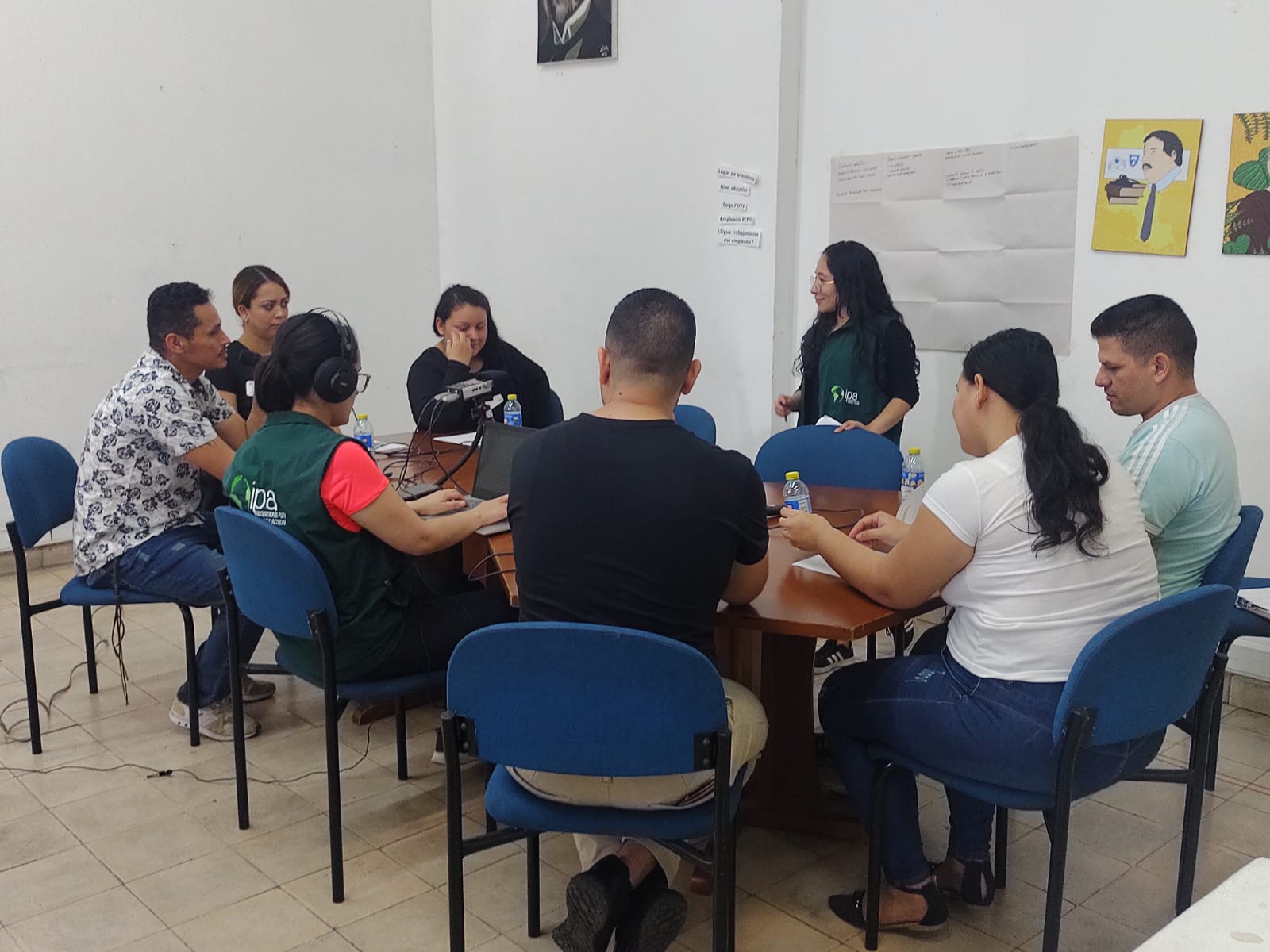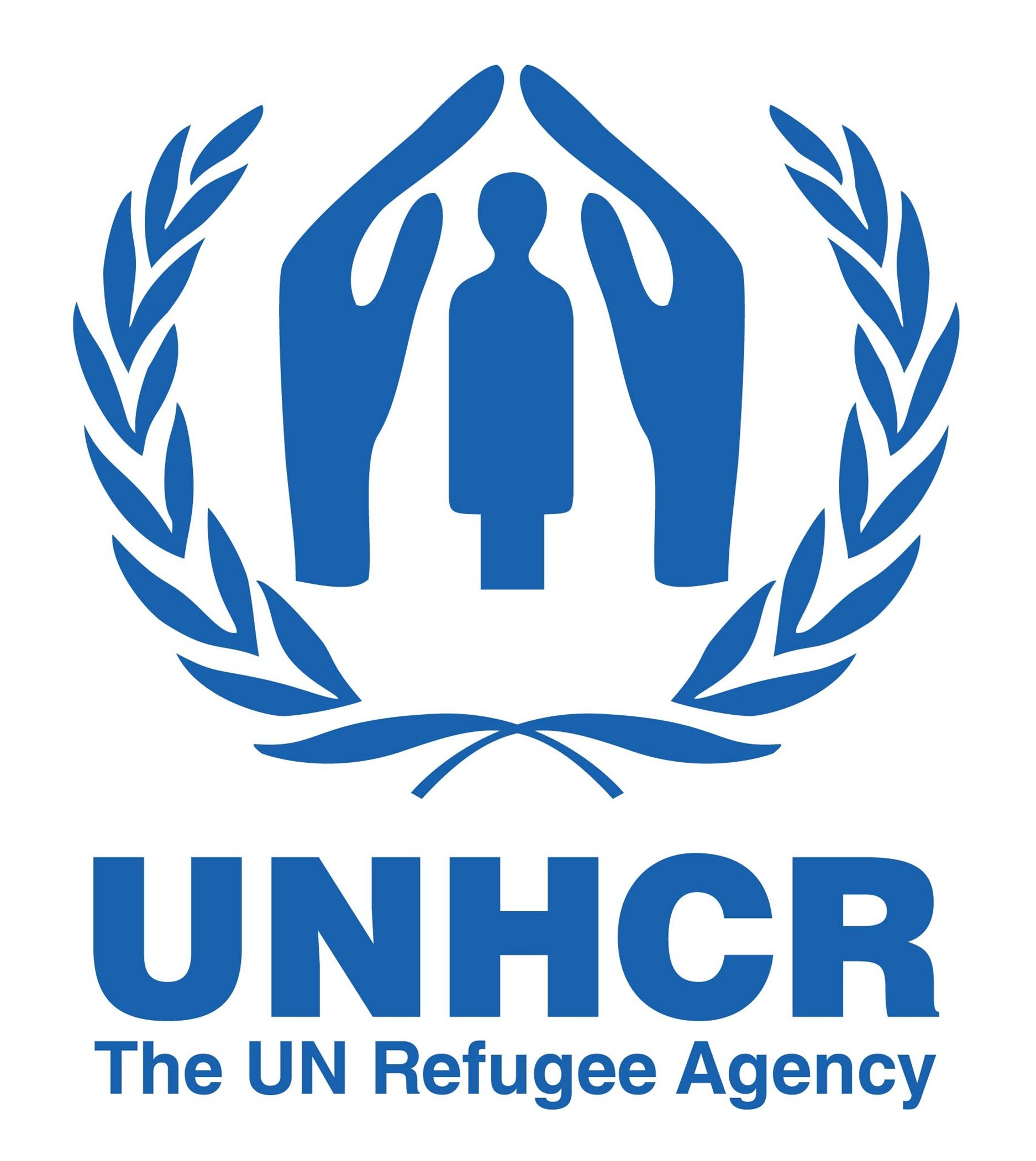Regularizing Venezuelan Refugees and Migrants Through Employment: Measuring the Impacts of the PEPFF Program in Colombia

Researchers partnered with IPA Colombia and the Ministry of Labor to assess the impacts of an employment-based regularization program (PEPFF) on Venezuelans and local firms. The PEPFF helped increase short-term work stability and job quality for Venezuelan participants, leading to higher wages and fostering better relationships within the workplace. However, it does not appear to affect employment outcomes in the medium-term.
In Colombia, the government is actively registering over 2 million displaced Venezuelans, with a key focus on granting them access to formal employment and regular status. Building on the Special Stay Permits (PEP)—which an IPA study found enhanced employment, welfare, and resilience among Venezuelans—the Colombian government launched the Special Permanence Permit to Promote Formalization (PEPFF). This permit represents Colombia's first employment-based regularization initiative. Eligible Venezuelans employed by a local business and approved for PEPFF gain access to national benefits like social security and healthcare.
UNHCR researchers partnered with IPA Colombia and Colombia’s Ministry of Labor to evaluate the impact of the PEPFF program on 1,232 Venezuelans and local employers, measuring various employment, financial, social, and well-being indicators. To do this, researchers compared Venezuelans who applied and were approved for PEPFF with rejected applicants. For local employers, researchers compared employers who had at least one sponsored Venezuelan accepted to PEPFF with firms that applied but were unable to obtain the PEPFF for any Venezuelan.
PEPFF provided regular resident status for 82 percent of Venezuelans who applied to the program while 85 percent of employers sponsoring a Venezuelan were approved. Venezuelans in the program increased their participation in highly qualified job activities from their previous jobs and had greater short-term job stability, with 50 percent remaining with their employer after the program ended. In addition, relative to their previous jobs, they had higher wages, better working conditions, and increased their earnings by 87 percent (compared to 49 percent for non-participants). However, there were no significant differences in employment rates in the medium term. PEPFF also strengthened social cohesion between Venezuelans and Colombian employees through increased workplace contact, and a large majority of employers expressed satisfaction with Venezuelans’ job performance.
Funding and Research Partner













